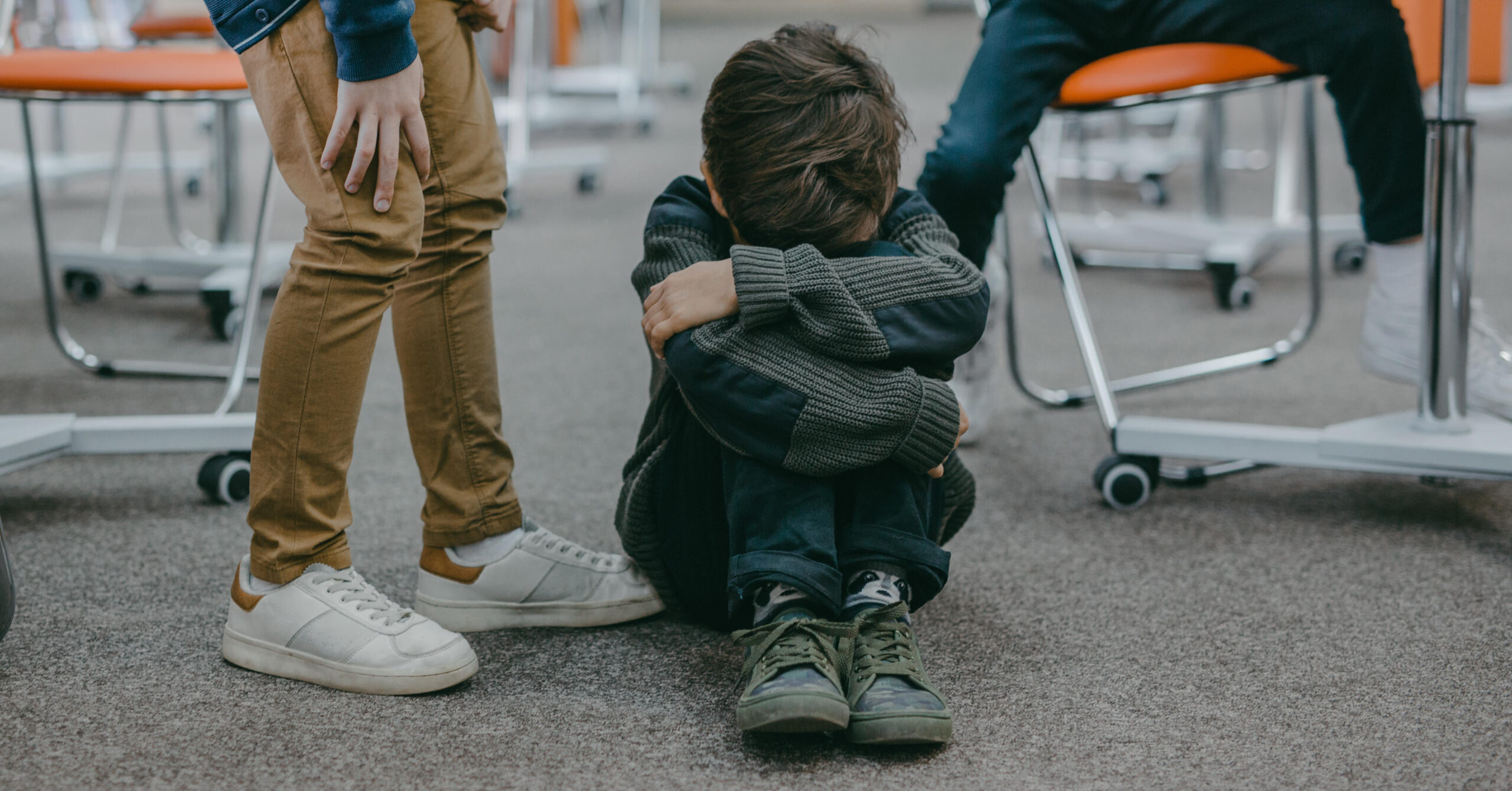“When one child hurts another, forget about trying to establish the motivation. The truth is likely to be either that it was an accident, or that it was caused indirectly by coercion on our part, so any asking the child about his motives is likely to cause yet more coercion.”
– Sarah Fitz-Claridge
From the archives: The original post was posted on 31st December, 1997
“Yesterday, I overheard him appologizing to brother for the burn while applying extra medicine to the scab.
You could see his tension melt away when on christmas, the first relative who asked what happened to brother’s face was told by DH and I that it was an accident and we aren’t talking about it because “someone” feels very bad about it. Child obviously was extremely worried to face the disapproval of everyone, assuming that we’d tell.”
It is good that the poster wanted to avoid “telling”—that is quite right—what we don’t want to do is to make the child feel bad. I’d have just said that it was an accident and left it at that, rather than adding “because someone feels bad”, which could risk making the child feel bad anyway, because it might be taken to mean that he should feel grateful to you for not punishing him by telling others. That might hurt.
I’d say forget about trying to establish the “truth” in such cases. The truth is likely to be, as the poster said, that such actions are either complete accidents, or caused indirectly by coercion on the parents’ part, so any asking the child about his motives is likely to cause yet more coercion.
In this sort of situation, I think the best thing to do would be to first, protect the victim without making the other child feel bad in any way—no disappointed looks, no harsh words, no “oh dear, you must feel really awful about what you’ve done” soft but potentially coercive words.
Secondly, assume prima facie that the problem was caused by (quite possibly inadvertent) coercion on your part, so that you are automatically in a mode which will genuinely make the child feel better or not feel bad in the first place, rather than in a mode in which you are graciously not punishing a perpetrator. For if that is how you are thinking of it, you will be likely to be coercing the child anyway. If, OTOH, you are thinking “Oh gosh, I’m so sorry to have made my beloved child feel so bad that he does X”, then you will genuinely be wanting to make amends to the child, and so it will be less likely that you will inadvertently coerce the child.
See also:
- Breaking the spiral of coercion
- The heavy societal pressure to coerce children
- “How do you teach table manners?”
Sarah Fitz-Claridge, 1997, ‘Never make a child feel bad’, https://takingchildrenseriously.com/never-make-a-child-feel-bad/
